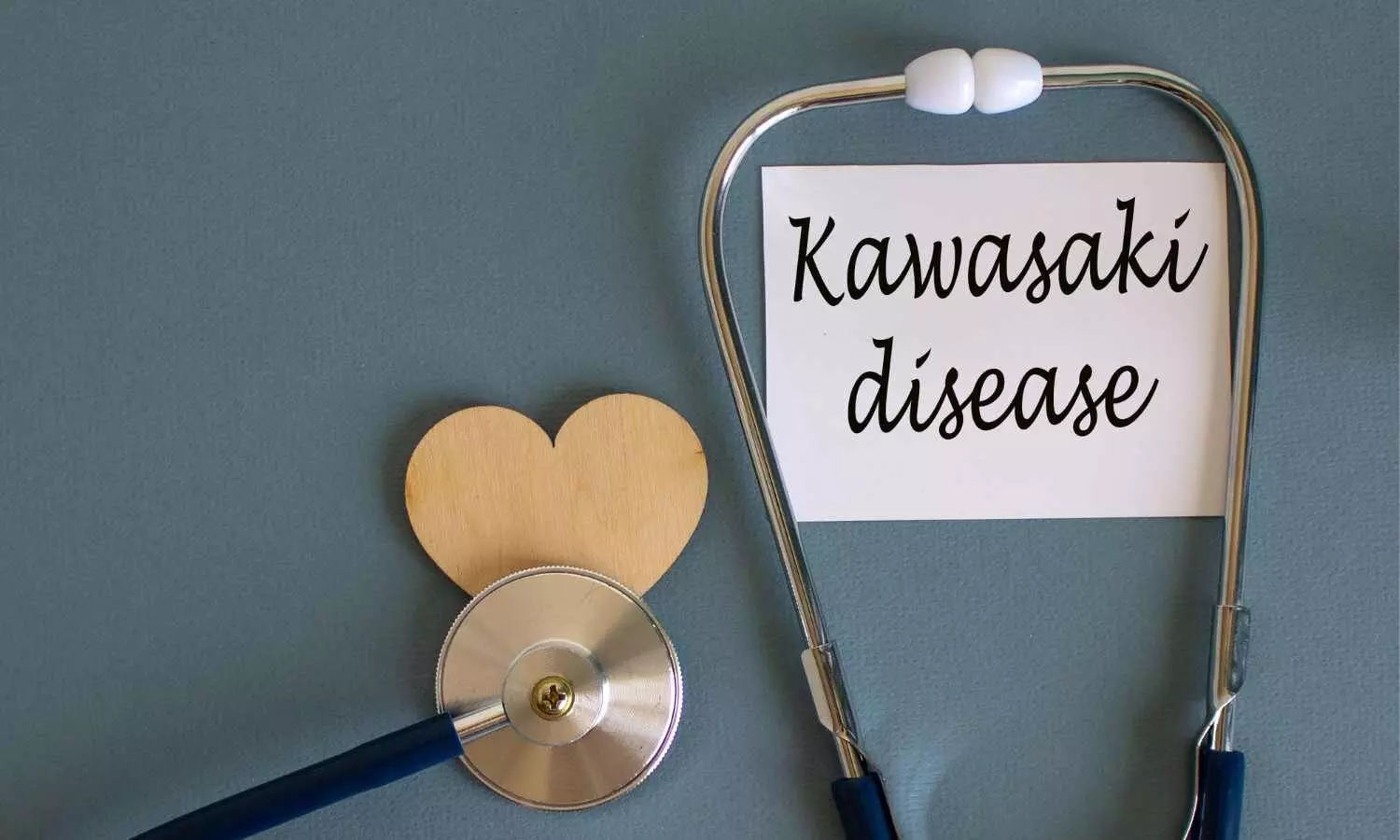Maternal folic acid supplementation during pregnancy tied to reduced Kawasaki disease risk during infancy in offspring: JAMA

Japan: A recent study published in JAMA Network Open has suggested a reduced risk of Kawasaki disease (KD) during infancy among offspring with increasing maternal folic acid levels via maternal folic acid supplementation during pregnancy.
The Japanese nationwide birth cohort study of 87,702 children revealed that the frequency of maternal folic acid supplementation and maternal serum folic acid levels during pregnancy were significantly associated with a reduced risk of Kawasaki disease in offspring during infancy.
Kawasaki disease is an acute systemic vasculitis that majorly affects young children and infants. A previous study has reported a possible association between maternal folic acid supplementation and Kawasaki disease, but no reproducible risk factors have been identified yet. Sayaka Fukuda, Yokohama City University, Yokohama, Japan, and colleagues investigate the associations of exposure to maternal serum folic acid levels and maternal folic acid supplementation with the onset of KD during infancy among offspring.
In the cohort study, the researchers used data from a nationwide birth cohort, the Japan Environment and Children’s Study, which enrolled children since 2011.
Maternal serum folic acid levels (≥10 ng/mL classified as exposed) were determined during the second and third trimesters and the frequency of maternal folic acid supplementation during the first trimester and during the pregnancy’s second and third trimesters (once a week or more was classified as exposed).
The primary outcome of the study was the onset of Kawasaki disease in offspring up to 12 months of age. Odds ratios (ORs) for each exposure were estimated, and propensity score–adjusted logistic regression was conducted based on the sets of variables.
Based on the study, the researchers reported the following findings:
- The study population consisted of 87,702 children who were followed up for 12 months. Of these, 336 children developed Kawasaki disease.
- Mothers who took folic acid supplements (35.7% of mothers; mean age, 32 years) had higher serum folic acid levels than those who did not take supplements.
- Higher maternal serum folic acid levels were associated with a significantly lower risk of Kawasaki disease in offspring than lower levels (folic acid ≥10 vs <10 ng/mL, 0.27% children vs 0.41% children; OR, 0.68).
- Children whose mothers took folic acid supplementation during the first trimester had a lower prevalence of Kawasaki disease than children whose mothers did not take folic acid (0.34% of children versus 0.42% of children), although the difference was not statistically significant (OR, 0.83).
- Supplementation during the second and third trimesters was associated with a significantly lower risk of Kawasaki disease compared with no supplementation (94 of 0.30% children versus 0.43% children; OR, 0.73).
“Findings showed that higher serum folic acid levels (≥10 ng/mL) and maternal folic acid supplementation more than once a week during the second and third trimesters were tied to a reduced risk of Kawasaki disease in offspring during infancy” they concluded.
Reference:
Fukuda S, Tanaka S, Kawakami C, Kobayashi T, Ito S, Japan Environment and Children’s Study Group. Maternal Serum Folic Acid Levels and Onset of Kawasaki Disease in Offspring During Infancy. JAMA Netw Open. 2023;6(12):e2349942. doi:10.1001/jamanetworkopen.2023.49942



